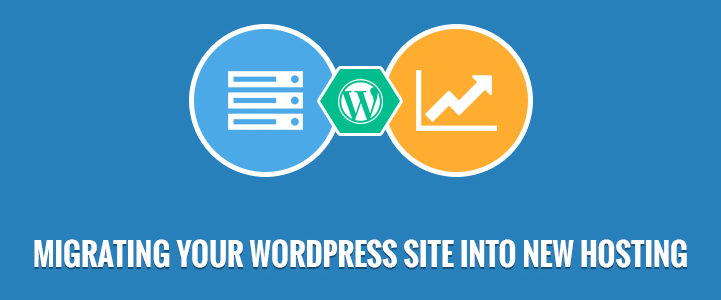
The process of transferring your website from a) one web host to another or b) its existing platform to another one is referred to as “migrating” your site.
For instance, moving your site from GoDaddy to Hostgator is one example of migrating your web host. Moving your site from Joomla to WordPress is an example of migrating platforms.
Migrating your WordPress website to a new host is a major decision that can affect your business on multiple levels. As such, it’s not one that you should take lightly. However, there are several solid reasons for considering it, and we’re going to discuss each of them below. Read more regarding clone wordpress site manually…
To stay organized and keep the whole migration thing under control, you need a detailed plan with deadlines. So, select a period for the move keeping in mind that you might need some extra time to finish up everything.
First, do some WordPress migration optimization. Think of it as spring cleaning for your site. Look for unwanted files: Find duplicates and files that no longer appear on the live site. Then clear out dead pages. If you have changed your design since the last migration, odds are you have pages that aren’t linked anywhere on the site. Get rid of any plugins or themes you aren’t using, too. Finally, fix any broken links and optimize your database.
When to move ? Support and Uptime SLA. If the site’s down how quickly can you get knowledgeable assistance? What is their policy for downtime or an emergency issue? Are they available 24/7 or do office hours apply?
Simply put, a WordPress migration is the process of moving a WordPress website from one server to another without affecting its functionality. There are several reasons why you would want to go ahead with this, such as:
– Migrate WordPress site to new better host. In this context, better could mean anything – for example, lower prices or faster loading times.
– Moving WordPress site to new domain.
What do we need in order to complete the transfer process?
1) Domain registrar to change DNS from old server to new one.
2) Hosting credentials.
3) WordPress website credentials.
The migration process takes a couple of hours or more. It depends on many factors such as proper domain setup and hosting configuration and file size. Source: https://wordpressmigrationservices.com/